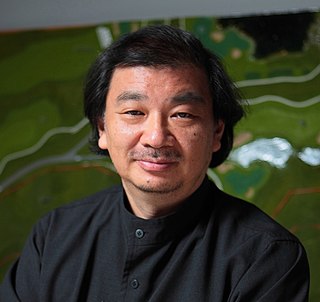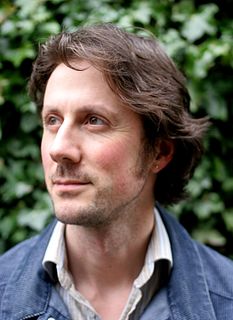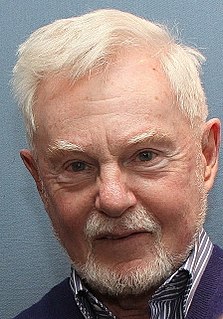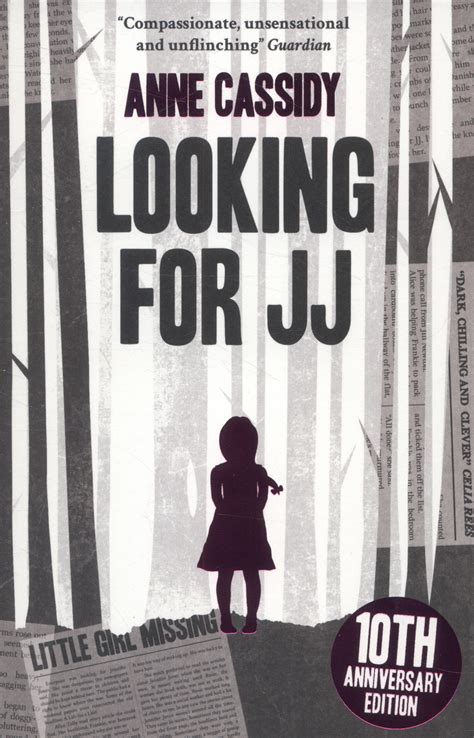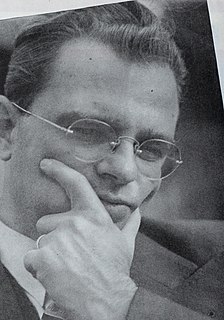A Quote by Neil Strauss
I've begun to look at the world through apocalypse eyes. Our society, which seems so sturdily built out of concrete and custom, is just a temporary resting place, a hotel our civilization checked into a couple hundred years ago and must one day check out of.
Related Quotes
For me, there's no difference between what's temporary and what's definitive. I built the church in Kobe, which was supposed to be temporary, and people liked it so much that there's a version of it still there today - unlike some concrete buildings that were just built for money and that can be destroyed from one day to the next. Concrete can be very fragile during earthquakes.
Among the older records, we find chapter after chapter of which we can read the characters, and make out their meaning: and as we approach the period of man's creation, our book becomes more clear, and nature seems to speak to us in language so like our own, that we easily comprehend it. But just as we begin to enter on the history of physical changes going on before our eyes, and in which we ourselves bear a part, our chronicle seems to fail us-a leaf has been torn out from nature's record, and the succession of events is almost hidden from our eyes.
Seventeen's not so young. A hundred years ago people got married when they were practically our age." "Yeah, that was before electricity and the Internet. A hundred years ago eighteen-year-old guys were out there fighting wars with bayonets and holding a man's life in their hands! They lived a lot of life by the time they were our age. What do kids our age know about love and life?
What does interest me is how difficult my culture seems to find it to look the dark side of life directly in the eye. It seems to me that if we look back at mediaeval culture, for example, we see a society which faces the reality of death and pain and limitation, because it has to. Our society, which is progressive and technological and seems to have a slightly fanatical utopian edge to it, gets very uncomfortable when anybody highlights the dark side of humanity, or the world we have built, or what we are doing to the rest of life on Earth.
In a world in which we are exposed to more information, more options, more philosophies, more perspectives than ever before, in which we must choose the values by which we will live (rather than unquestioningly follow some tradition for no better reason than that our own parents did), we need to be willing to stand on our own judgment and trust our own intelligence-to look at the world through our own eyes-to chart our course and think through how to achieve the future we want, to commit ourselves to continuous questioning and learning-to be, in a word, self-responsible.
If sometimes our great artists have been the most critical of our society, it is because their sensitivity and their concern for justice, which must motivate any true artist, makes him aware that our nation falls short of its highest potential. I see little of more importance to the future of our country and our civilization than full recognition of the place of the artist.

